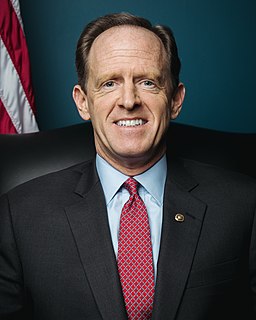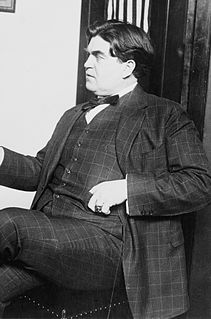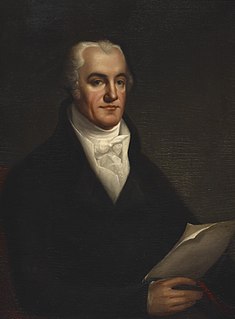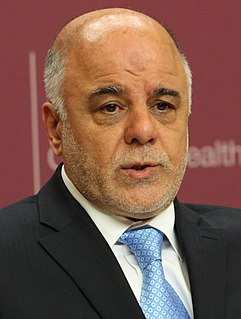A Quote by Matthew Heineman
I was fascinated by what happens when government institutions fail and citizens take the law into their own hands.
Quote Topics
Related Quotes
Freedom, by its nature, must be chosen, and defended by citizens, and sustained by the rule of law and the protection of minorities. And when the soul of a nation finally speaks, the institutions that arise may reflect customs and traditions very different from our own. America will not impose our own style of government on the unwilling. Our goal instead is to help others find their own voice, attain their own freedom, and make their own way.
Revealingly, the central function of the Constitution as law--the supreme law--was to impose limitations not on the behavior of ordinary citizens but on the federal government. The government, and those who ran it, were not placed outside the law, but expressly targeted by it. Indeed, the Bill of Rights is little more than a description of the lines that the most powerful political officials are barred from crossing, even if they have the power to do so and even when the majority of citizens might wish them to do so.
The danger (where there is any) from armed citizens, is only to the *government*, not to *society*; and as long as they have nothing to revenge in the government (which they cannot have while it is in their own hands) there are many advantages in their being accustomed to the use of arms, and no possible disadvantage.
As a citizen of Ireland I have more sovereignty over our government. Because citizens now have more ways of holding the Irish government to account, not just under Irish constitutional law, but under the European system, at Strasbourg and Brussels. This, I believe, is the benefit for individual citizens.
For what is meant by saying that a government ought to educate the people? Why should they be educated? What is the education for? Clearly, to fit the people for social life - to make them good citizens. And who is to say what are good citizens? The government: there is no other judge. And who is to say how these good citizens may be made? The government: there is no other judge. Hence the proposition is convertible into this - a government ought to mold children into good citizens, using its own discretion in settling what a good citizen is and how the child may be molded into one.





































